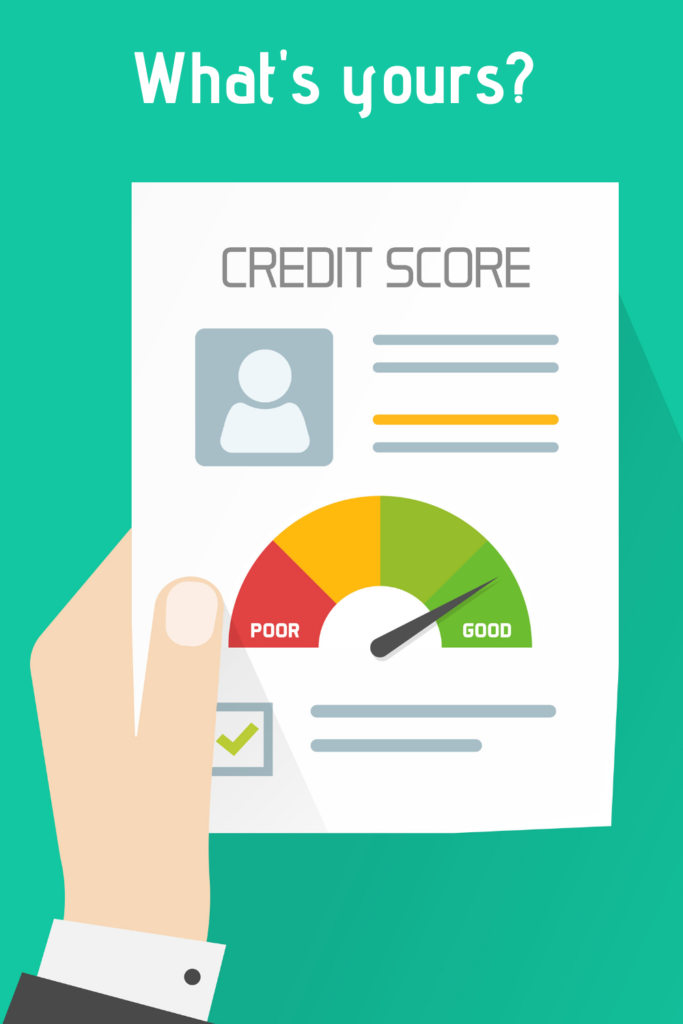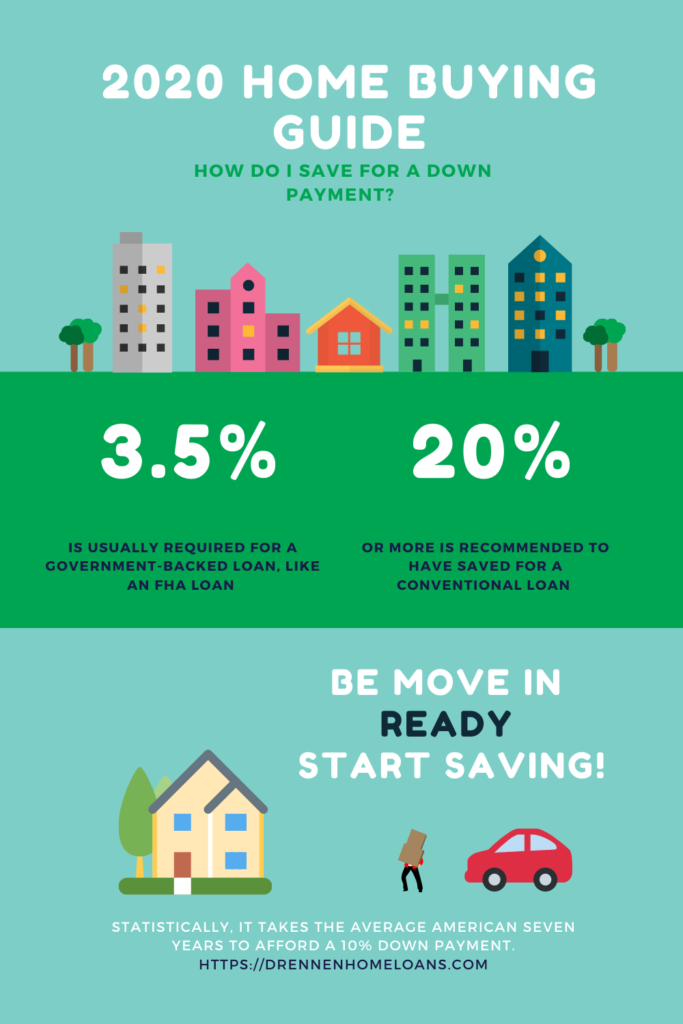As a child, you were taught to put your pennies away in the piggy bank to buy something you
wanted. That same concept applies to purchasing a home, but with many more pennies! When
you are purchasing a home, you’ll need to make a down payment as part of the purchasing
process. The amount required for a down payment varies based on the loan you get. With a
government-backed loan, you may be able to put down as little as 3.5%. With a conventional
loan, on the other hand, a down payment of 20% is more the norm. If you’re planning to buy a
home soon, the best loan officer Las Vegas will help you decide on a comfortable down
payment amount and devise a plan to ensure you have adequate savings.
1. Types of Down Payments
As a homeowner, you will be eligible for one of two types of down payments. The first is
through government-backed mortgages Las Vegas. The second is through conventional loans.
Government-backed loans, which are especially popular among first-time homebuyers, can
require a down payment as low as 3-5%. This is quite different from a conventional loan, which
usually requires a down payment of 20%. Occasionally, you might find a down payment of 10%
for a loan. But even financing a mid-level down payment takes a lot of savings. Statistically, it
takes the average American seven years to afford a 10% down payment. By following some
practical steps, however, you too can save up for a home.
2. Hire a Real Estate Agent
Many prospective home buyers balk at the thought of hiring a real estate agent, in large part
because of the cost. After all, if you are saving up for a down payment, shouldn’t you just focus
on that? However, hiring a real estate agent can save money in the long run. A real estate agent
has experience with the home buying process and real estate contracts. This intimate
knowledge is crucial for getting a good deal on a home and making sure the home-buying
process goes smoothly.
3. Shop Around
Just as you wouldn’t buy a car from the first seller you encountered, you shouldn’t take out a
loan from the first lender, either. Even though you’re looking at the same end product, you will
likely find that rates vary from one lender to the next. Therefore, you should aim to get a quote
from at least three lenders, but ideally four or more. Lenders may charge additional fees for
their services, such as loan application fees, loan origination fees, and processing fees. A loan
estimate will provide you with a clear breakdown of the costs incurred. Once you see your loan
quotes, you’ll be able to negotiate better rates and fees. Along with finding a suitable lender,
it’s equally important to find a loan officer Las Vegas who you feel comfortable working with.
 4. Improve Your Credit Score
4. Improve Your Credit Score
When you’re looking to buy a home, it’s essential to ensure your credit score is the best it can
be. The better your credit score is, the less expensive your mortgage will be. Lenders base their
fees and interest rates on your credit rating. Ideally, lenders look for a minimum credit score of
700 for a conventional loan. For a government-backed loan, you can still get a loan with a credit
score of 580 or less. However, keep in mind that you’ll need to pay additional expenses, such as
mortgage insurance, to compensate for the lender’s risk. If your credit score is lower than you’d
like, there are some quick and simple ways to fix that. First, make sure to pay down (or pay off)
any outstanding credit card balances. When you apply for a loan, lenders will look at your credit
utilization ratio, which is the balance on your credit cards compared to your credit limit.
Preferably, your balance should remain 15% lower than your credit limit for a better credit
score. While it may be tempting, you should also avoid applying for any new loans or opening a
new account as you’re looking to improve your credit score.
5. Get the Right Kind of Mortgage Loan
When it comes to mortgage loans, there is no “one size fits all” approach. Different mortgages
exist to help homeowners pay for their homes in the easiest way possible. Most mortgages are
grouped into categories based on income. However, others apply to geographic location. If you
live in a less densely-populated area, for instance, you may be eligible for a USDA loan. These
loans, which are administered by the US Department of Agriculture, help individuals with a low to-medium income level buy a home in more rural areas of the country.
6. Take a Seasonal Approach
The seasons influence life in many ways. That includes buying a home! While you might want
to go buying a home in spring or summer, that’s also one of the busiest times of the year for the
housing market. It might sound surprising, but housing prices generally fluctuate during the
year. Homeowners increase their asking prices in spring and summer since that is when there is
most demand for a new home. Buying a home in winter, even though it might be less
appealing, can save as much as $20,000.
7. Get a Fixer-Upper
Buying a move-in ready home might sound ideal. However, purchasing a home that needs a
little work can save money. Most people prefer homes that are in pristine condition. Buying a
home that needs some upgrades, however, can be a better investment. You can do much of the
work yourself, and you may be eligible for certain loans to help cover the cost.
Buying a new home is probably the biggest investment you’ll make in your life. Therefore,
you’ll need to save some money! The best loan officer Las Vegas is here to help you find a
suitable mortgage and plan for a down payment. Contact our office today to learn more about
how we can make it easier for you to buy the home of your dreams.











